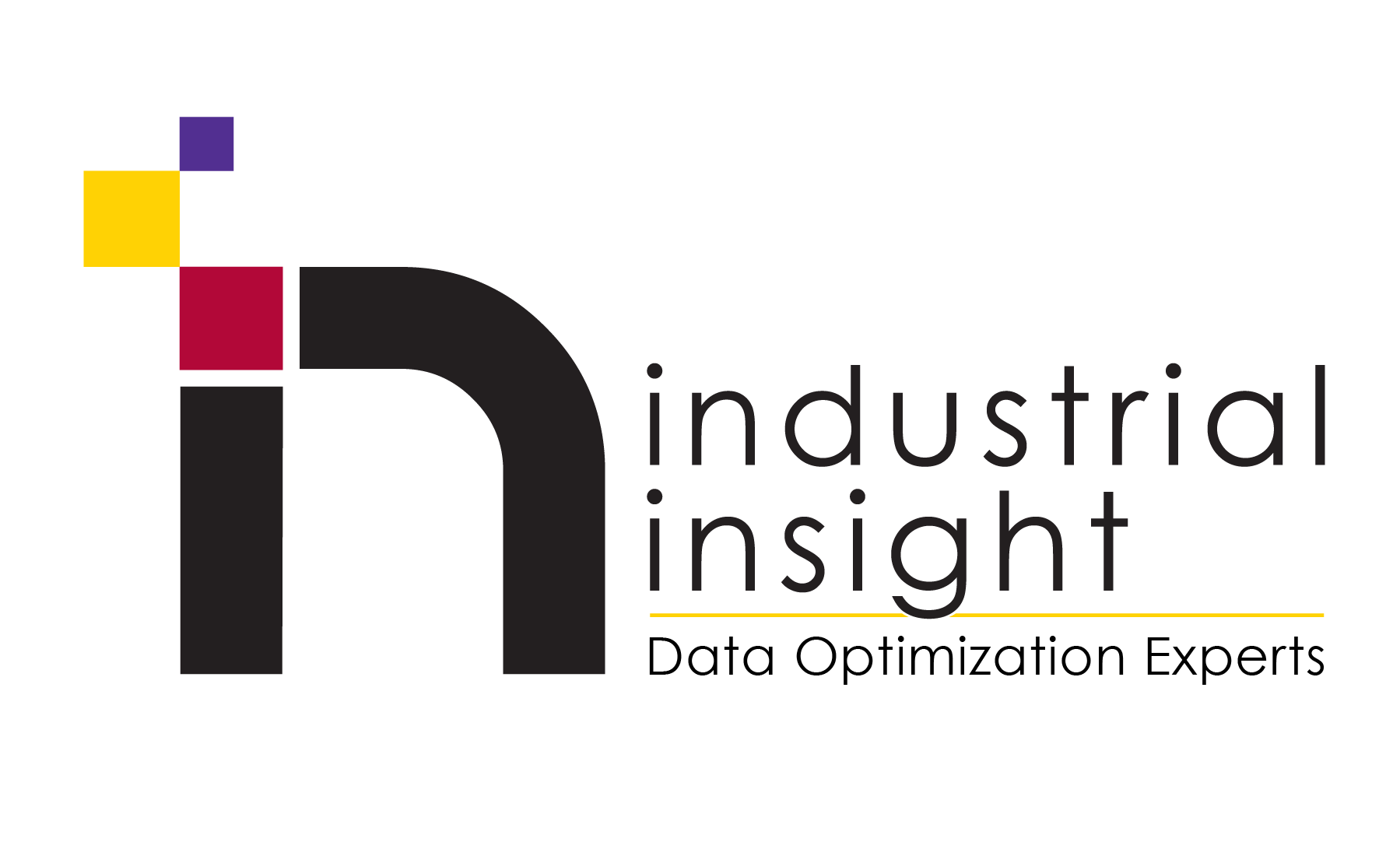Plant Manager Not Involved in Digital Transformation? You are Doomed!
- Lisa Hemme
- Jun 25, 2020
- 4 min read
Last week, this blog from Matthew Littlefield of LNS research rolled into my inbox. The line that just leapt off the page was this one:
“Only 9% of companies include Plant Managers as part of the Industrial Transformation team.”
9. Nine. NINE PERCENT! Really? That’s it? Pause for a moment and let that sink in with you.

One of the major beneficiaries of this whole digital transformation effort SHOULD be the plants and therefore the people who manage them. Yet, in only NINE percent of the companies that LNS researched, they involved the plant manager.
I have either heard stories recently, or know of projects that are in this space, that are simply being “pushed” down to the plants. Here is what that looks like:
Hey, we are corporate and we are here to help. Buy this! (Or do this!) Then, like a bird, they fly in, crap all over everything and leave. When they leave, everyone is bewildered, thinking “What the heck was THAT?”
Sorry for the harsh language there, but I think we all need to wake up, as I have been guilty too. How can we help solve problems in operations if we don’t involve those most closely incentivized to make our operations run well? Shouldn’t they be involved and guiding us? Now, that comes with a caveat in that often the plant manager wants a bigger, faster horse when a car or truck is available and would be the better solution. We have to balance what they don’t know can be done versus what can and should be done.
Let me tell you about the two most successful implementations/projects/programs that I have been a part of. In both cases, the plant manager was absolutely on board. They didn’t necessarily have a specific monetary benefit that they were looking for (If I spend $X, then I should get $Y), but they knew that they had 7-8 figure yearly opportunities/gaps. They also knew that their people weren’t working as well with data as they could have.
In engagement 1, I was just a consultant on a “SWAT” team at a prominent manufacturing company. I was part of a multi-discipline team of IT, engineering, and operations that sat down with the plant manager, the operational leaders in the different process units, engineering, and local IT people. We talked about their current situation, where some of the opportunities were, and after we listened to all of that, I was asked to show the local plant team what was possible. We had two more engagements where we started to build out the solutions that they needed. In between, the corporate team and the plant team finished building out the solutions that we started as a group. It has been over two years since that project ended, but I recently reached out to the plant manager and they are still reaping the benefit of that engagement. They are realizing savings and they are continuing to build upon what we started. The company as a whole has built out a team to deliver these solutions at a corporate level. All they needed was my help to get started and they have taken off. If we hadn’t gotten the plant manager’s buy in on that first engagement, the whole effort would have died there.
In the second engagement, we are still constantly working with the customer on an ongoing “subscription” basis. We started out working on a few projects that were near and dear to the plant manager’s heart and it grew into a several week per month perpetual engagement. He helps us prioritize our work and although it would be tough to come up with our exact economic impact, it would be just as difficult to dismiss our impact. The plant is MUCH more data driven now and is not just looking at a bunch of trends. We are doing real time costing and real time analytics, using Power BI to assess long term performance and capacity and are currently working on a production balance dashboard/modeling solution for the operations manager. He spends a significant amount of non-value added time trying to keep their production balance correct. If he could help him increase production by even 1-2%, reduce the amount of time he spends analyzing multiple data sources, and allow others to become decision makers/influencers of the production balance, the impact could pay for our entire engagement for years to come. Plus, their corporate management, sales teams, and their customers will be much happier, which is priceless.
I am trying to figure out how you embark on a digital transformation initiative and not have the plant managers in your organization as the key customers. I fully believe that their ongoing support will make or break you. I/we have worked on projects where the plant manager was initially supportive, and allowed the money to be spent, but by the end of the project, other priorities were being identified and their support was all but lost. It just wasn’t important anymore. I was glad for the revenue, because it meant that I/we could eat, but I also quietly wondered “why in the world did you spend this money if you weren’t going to finish/follow through?” I know of a time in one of these where the plant manager piped up and said “Jim did good work, but is was my/our fault for why the project didn’t succeed.” I can’t say it made me feel better. I just felt like what I did wasn’t important enough.
We have learned our lesson, that leadership and people incentivized to make operations more cost effective and efficient should absolutely be the key stakeholders in any type of digital transformation initiative. If they aren’t, the initiative is doomed to fail.

